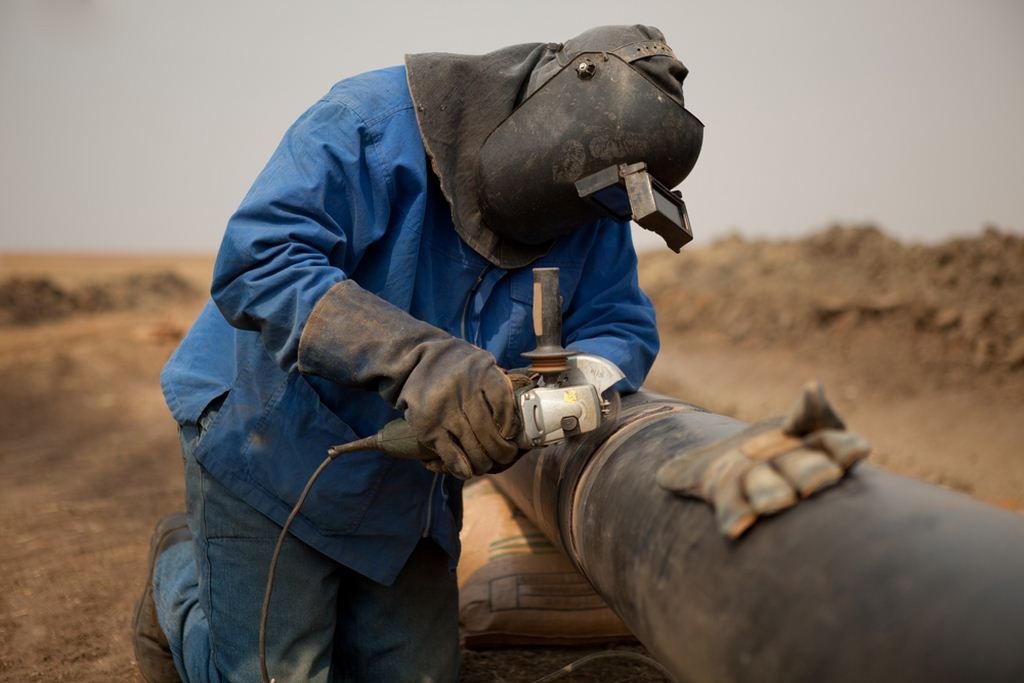Energy
Sunday, April 7th, 2024 4:24 am EDT
Key Points
- Carbon capture and storage technology, exemplified by the project at International Paper’s Vicksburg mill, is receiving significant attention and funding as a potential solution to combat climate change.
- The development of carbon capture technology is part of broader efforts, including the Biden administration’s goal of achieving net-zero emissions by 2050, and is seen as critical by organizations like the International Energy Agency.
- Despite its potential, challenges remain, including high costs, logistical complexity, and safety concerns surrounding pipeline infrastructure expansion, underscoring the need for careful examination of the technology’s technical and economic viability.
The proposed carbon capture and storage project at International Paper’s mill in Vicksburg, Mississippi, supported by the Department of Energy with up to $88 million in funding, aims to capture and permanently store 120,000 tons of carbon dioxide annually, equivalent to the emissions of 27,000 gas-powered cars. Partnering with Amazon and SLB, formerly known as Schlumberger, which is designing the system along with RTI International, the project exemplifies efforts funded by the $12 billion allocated in the 2021 bipartisan infrastructure law to develop carbon capture technology, aligning with the Biden administration’s goal of achieving net-zero emissions by 2050.
Despite its potential to combat climate change, carbon capture and storage technology faces challenges such as high costs, logistical complexity, and concerns over its role in the energy transition and safety implications in communities where pipeline infrastructure would expand. While the International Energy Agency emphasizes its critical role in achieving global net-zero emissions, some critics caution against its use as a means for the oil and gas industry to prolong reliance on fossil fuels.
The technology involves capturing carbon dioxide emissions from industrial plants, condensing them into a transportable fluid, and storing them thousands of feet underground. However, scaling up carbon capture and storage to meet ambitious emission reduction targets by 2030 and 2050 poses immense challenges, with only a fraction of announced projects reaching final investment decisions, according to the IEA.
The Vicksburg project, still in its early stages, seeks to demonstrate the technological and economic viability of carbon capture and storage. For International Paper, it presents an opportunity to cater to climate-conscious consumers and potentially profit from the sale of carbon credits. Moreover, the project symbolizes the oil and gas industry’s transition towards adopting carbon capture and storage technology, leveraging its expertise in enhanced oil recovery to address emissions from heavy industries like cement and steel production.
With significant investments expected in carbon capture and storage projects globally, companies like SLB and Baker Hughes are innovating to reduce the technology’s energy requirements and costs. Additionally, Exxon and Chevron are spearheading efforts along the Gulf Coast to develop carbon capture and storage infrastructure, aiming to capture emissions from industrial plants and store them underground. However, the expansion of pipeline infrastructure faces challenges, including lengthy permitting processes and community opposition due to safety concerns.
Despite uncertainties, projects like the one in Vicksburg provide an opportunity to assess the feasibility and impact of carbon capture and storage over the long term, addressing key questions around cost-effectiveness and its contribution to climate mitigation efforts. As stakeholders navigate the complexities of scaling up carbon capture and storage technology, its role in achieving global emission reduction targets remains a subject of debate and scrutiny.
For the full original article on CNBC, please click here: https://www.cnbc.com/2024/04/06/big-oil-is-racing-to-scale-up-carbon-capture-to-slash-emissions.html




